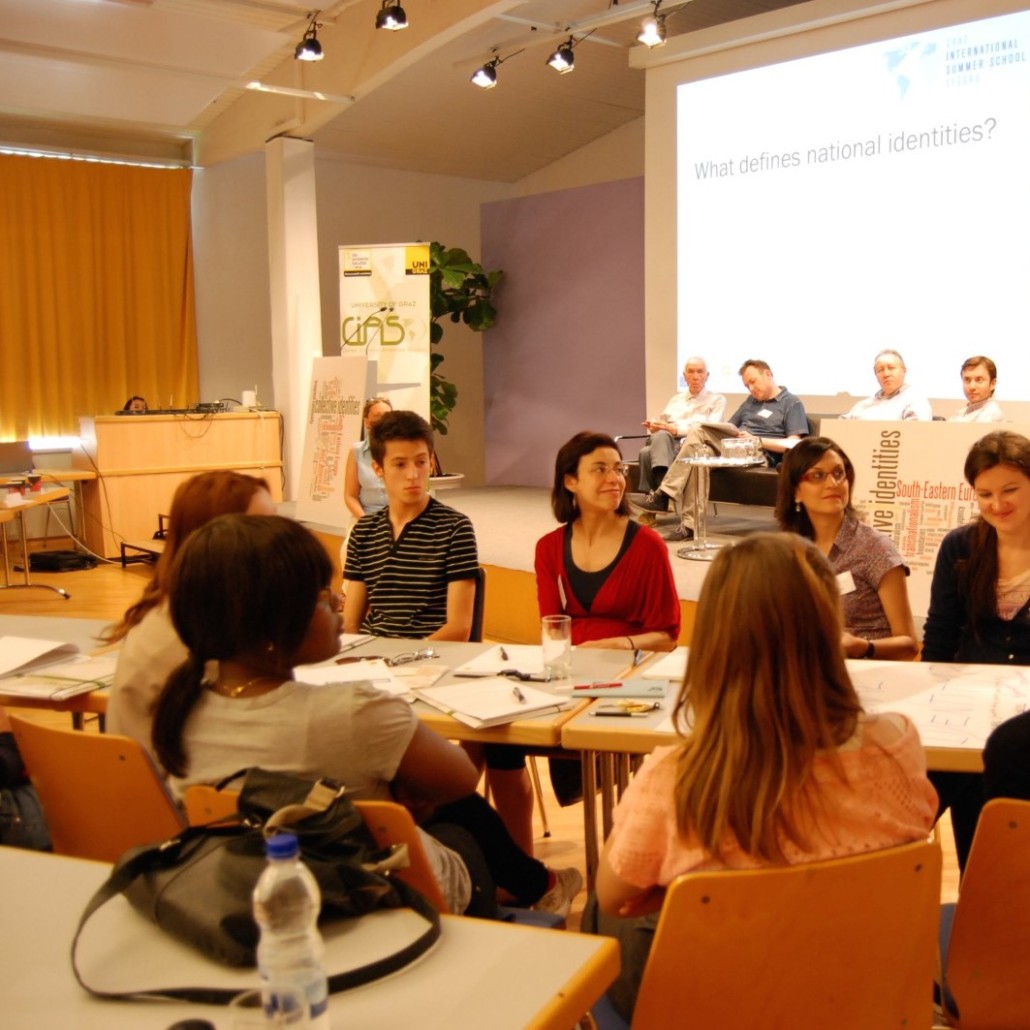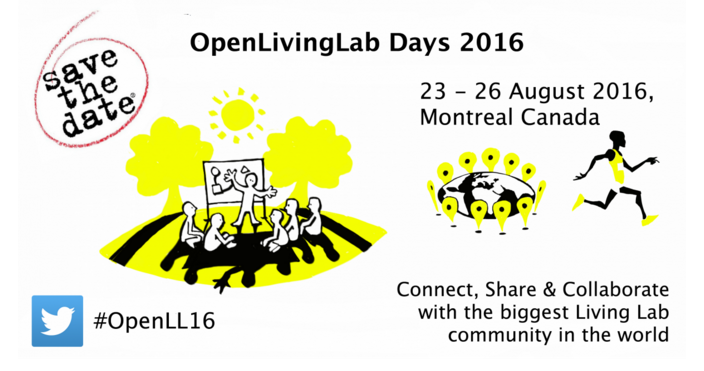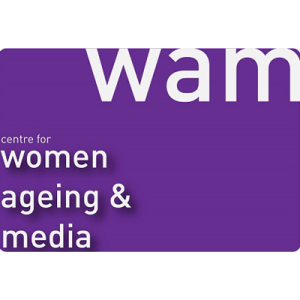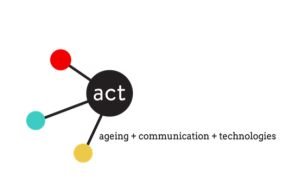Seminar: Becoming old in the age of mediatization (ABSTRACTS DUE SEPT. 15th 2016)
Reminder: Our deadline for abstract submissions is Thursday 15 of September.
Here for more details.
We are proud to present our two keynotes for our seminar: Andreas Hepp and Kim Sawchuk:
Keynote: Media generation as a process: The generational self-positioning of elderly people in times of deep mediatization
Professor Andreas Hepp, University of Bremen, Germany
Does the population of elderly people represent a ‘media generation’ that differs from ‘digital natives’? Or is the media use of elderly people so variable that we cannot consider them as a homogenous group or ‘media generation’? These are the two questions I want to start my keynote with. In so doing, I first want to clarify what a ‘media generation’ might be. My core argument is that a media generation is not just a cohort of media users. Moreover, it would fall short to understand a media generation as an age group of people with the same patterns of media use. In contrast to such a concept, I want to suggest a ‘process understanding’ of media generations. From this point of view, a media generation consists of people who expe-rience certain forms of mediatization in relation to a certain stage of their life course. The ways media are appropriated in a media generation differ, often greatly. However, their mem-bers share a self-understanding as a certain generation of media users: ‘we, as the ones who grew up with radio and television and before the computer’, for example.
Taking this as a starting point of analysis, I want to focus on the media-generational self-positioning of elderly people. Taking the results of an empirical research project that com-pares different media generations in Germany, three points are striking: First, elderly people’s dissociation from digital media technologies: Even ‘digital pioneers’ (e. g. zero-hour comput-er programmers) from a certain point on disconnect from recent developments like the social web. Second, elderly people experience their own generation as ‘insufficient’ or ‘catching up’ in a troublesome process. Third, in our data, elderly people are the group with the biggest differences in their media use when it comes to communitization. Discussing this data on the basis of various examples, I want to sketch an understanding of what it means to be a member of the ‘analogue media generation’ that became adult before the deep mediatization of digital media and is now confronted with these changes.
Keynote: “Researching with…”: mediatization, research-creation and ageing together
Professor Kim Sawchuk, Concordia University, Canada
This paper critically ruminates on discussions and debates on the concepts of mediation and mediatization (Hennion; Williams; Lundby; Hepp). It does so through a reflection on a set of community-based ‘digital literacy’ projects with older adults, living in Montreal, Québec being conducted by ACT- Ageing Communication Technologies: experiencing a digital world in later life under the rubric of research-creation. This Canadian term recognizes that knowledge may be generated by engaging in creative collaborations with research participants. Engaging in research-creation may be one way that: older adults may engage in digital learning; play with media technologies to challenge current “myths” (Barthes) about what it means to live in networked societies (Castells) as ageing subjects; become implicated in research processes that ostensively are about them; and finally lend insight into mediatization as a concept.




